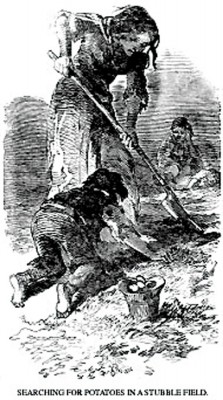Search Results for 'Fishing'
32 results found.
Clare Island mourns death of local fisherman
The Clare Island fisherman who drowned this week while out checking lobster pots is to be buried today (Friday).
Fisheries action group set up to boost revenue
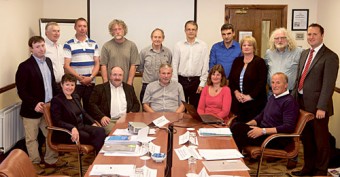
Representatives from fishing, aquaculture, tourism, community development, county councils and leader groups were recently brought together by Bord Iascaigh Mhara (BIM), the Irish Sea Fisheries Board, to establish a Fisheries Local Action Group or (FLAG) for the Western region (Galway and Clare) with the aim of boosting revenue.
Attempts made in 1847 to establish fishing industry in the west
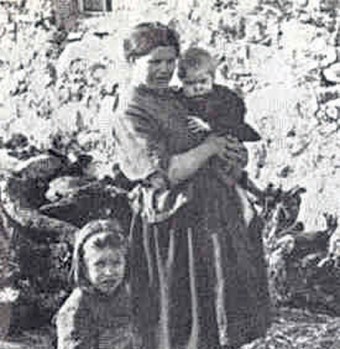
The tragedy of the Great Famine was compounded by the fact that our seas were full of fish, yet the lack of a sustainable fishing industry, and a general dislike of fish among the peasantry, left untouched this abundant food source. As the appalling statistics of hunger, riots, death, fever and evictions began to penetrate the British government, some action was at last taken*. Unsuitable as it was for Irish palates, vast quantities of American maize was imported, and distributed. Public relief schemes, such as canal-building and new roads were introduced to provide some employment, and efforts were made to establish a fishing industry.
Hundreds of thousands starved while the sea teemed with fish
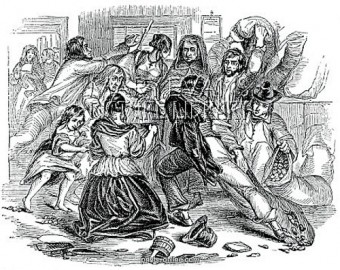
Reading William Henry’s book Famine - Galway’s Darkest Days*, I was struck yet again by the fact that while thousands of people died of starvation in the west of Ireland, when whole communities abandoned their homes in a desperate search for food, our seas were boiling with fish. The author tells us that in Galway at the beginning of the Great Famine in 1845 the Claddagh fishermen fiercely protected their fishing rights in the Bay, which they regarded as their exclusive property. But as the famine dragged on to the end of the decade the Claddagh fishermen had no means left for catching fish. They had pawned their boats and fishing equipment for food. The historian Cecil Woodham-Smith in her classic account of the Great Famine**, tells us that on January 9 1847, ‘all boats were drawn up to the quay wall, stripped to the bare poles, not a sign of tackle or sail remaining....not a fish was to be had in the town, not a boat was at sea.’
Fleming’s home delivery seafood — twenty five years on
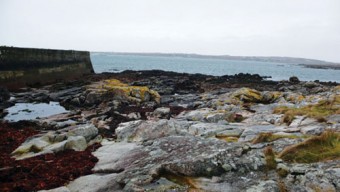
I well remember back in 1986 when Gay and Freda Fleming opened their fish shop in Dominick Street. I was a regular customer and it had a great selection even then. After a few years they decided to move into the home delivery business and have been delivering to customers as far away as Dublin ever since.
There’s something fishy going on
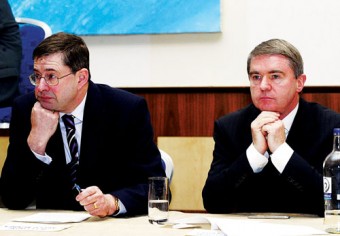
The dogs in the street know there is no love lost between Minister Éamon Ó Cuív and Dep Frank Fahey TD, but at a meeting last year in Ros a’Mhíl even the fish in the sea got wind of the animosity when local FFers feared blows might be exchanged between the two heavy hitters.
Local fishing industry left ‘high and dry’, says Healy Eames
A Galway senator has warned this week that the fishing crisis which is besetting the west of Ireland will do the mackerel industry irreparable damage if the Goverment does not take action soon.
West’s angling industry remains under threat
The survival of the sea trout angling industry in the west of Ireland remains under threat after 20 years of debate, according to the chairman of the Western Regional Fisheries Board, Lal Faherty.
Spiddal Angling
Spiddal Angling school is a long established centre of excellence for fly fishing and spinning tuition, and has catered for beginners and improvers for almost 20 years.
